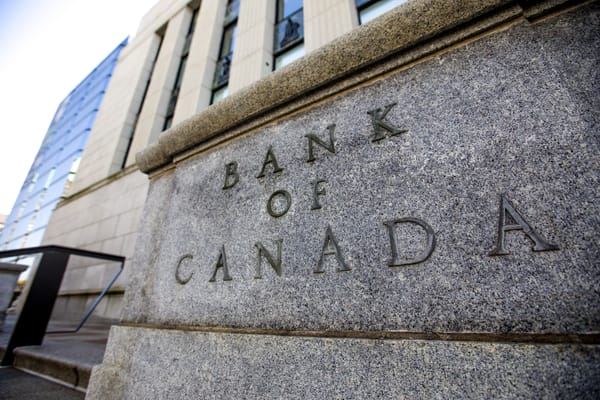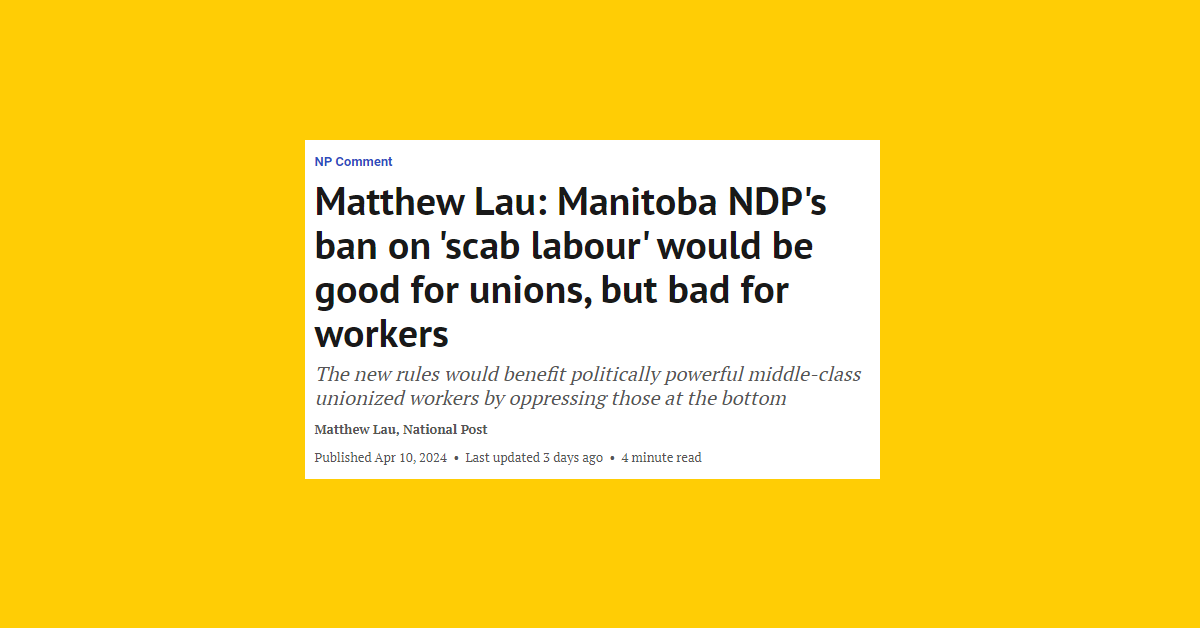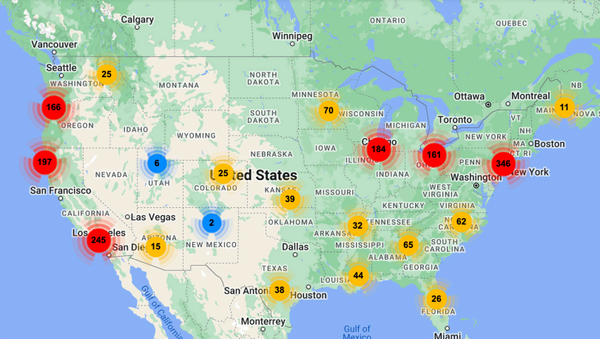Back in May, the case for taxing the rich and finally doing something meaningful to address global inequality received a strange endorsement. No, there wasn’t a change of heart on the part of some prominent conservative politician or acclaimed neoliberal economist. Rather, the shot in the arm emanated from the Bank for International Settlements (BIS), the so-called central bank of central banks based in Basel, Switzerland, that is ostensibly responsible for global monetary and financial stability.
The BIS released a study titled, “Inequality Hysteresis and the Effectiveness of Macroeconomic Stabilisation Policies,” which is impenetrable enough to disguise its conclusions and recommendations. This wasn’t obscure work produced by unknown economic researchers tucked away in the recesses of the BIS, either. The study’s lead author is Luiz Awazu Pereira da Silva, the deputy general manager at the BIS. The additional four co authors also hold prominent positions, including the head of the economic analysis division at the Bank. The study’s major takeaway: inequality is economically holding us back.
Neoclassical economic wisdom long held that societies have to make a trade-off between “efficiency” and equality. Government interventions to “correct” for market outcomes and promote equality, whether through taxation, regulation or provisioning, reduce economic efficiency and growth, or so the argument went. Ideologues in the neoliberal “revolution” of the 1970s and '80s in part promoted their ideas by claiming that curtailing the role of government, in particular by cutting the social welfare state, would unleash economic growth beneficial to all. Beating unions to death would help, too. Needless to say, deregulation and undermining collective bargaining never produced the economic takeoff proponents of these policies claimed they would.
The BIS is openly admitting that the above mode of thinking is dead in the water, and has been for a while. Inequality is now such a significant issue that it “diminishes growth and productivity” and is holding back improvements in standards of living across the world. In other words, inequality isn’t only evidence of moral bankruptcy, but is also now recognized as an economic impediment. Inequality itself is “inefficient.”
There have been, of course, many other thinkers and activists saying much the same thing for some time. Contemporary Keynesian economists, for example, have argued since at least the Great Recession that inequality dampens consumer demand and thus limits economic growth, employment and recovery. It’s difficult to kickstart investment, production and growth following a recession if a huge chunk of the population is still unable to participate in the economy. However, the BIS’s study takes this line of argument one step further, and in a surprising and apt direction.
Pereira da Silva et al. show that inequality both grows during recessions and tends to make recessions worse. The more unequal an economy, the worse recessions tend to be and the more difficult it becomes to reverse economic fortunes. In this way, the authors find, inequality produces “macroeconomic instability.” Inequality, the report says, isn’t simply a concern for those in government making fiscal policy and drawing up budgets; it also matters a great deal for those in central banks setting monetary policy.
Over the past several decades, governments throughout the West have “reformed” tax codes to the benefit of the wealthy, while simultaneously making income supports such as unemployment insurance and social assistance less generous and more punishing. Fiscal policy across the advanced capitalist countries is less countercyclical as a result. When capitalist economies run into trouble, as they inevitably do, the “automatic stabilizers” put in place during the 20th century, like unemployment insurance, provide far less of a buffer against both personal financial ruin and general economic instability. The net result is both worse recessions and higher levels of inequality following economic downturns.
On the monetary side of things, as inequality has grown, monetary policy itself has become less effective as a means of macroeconomic stability. Although this might appear somewhat esoteric and technical, the basic idea here is straightforward: inequality makes things like interest rate increases less effective at stabilizing the economy because the high-consumption rich are relatively insensitive to an additional point or two in interest. Raising interest rates might drive up unemployment and punish lower-income debtors, but jacking up the price of borrowing may be less likely to tame inflation or have much of an impact on the consumption activities of the rich.
The BIS study’s findings are especially pertinent as we currently face the prospect of the Bank of Canada intentionally creating a recession by raising interest rates to tackle inflation. Although the governor of the Bank of Canada, Tiff Macklem, and Finance Minister and Deputy Prime Minister Chrystia Freeland both seem to believe that there is some path to a “soft landing” whereby the Bank hikes interest rates and employment doesn’t plunge, the historical record says otherwise.
David Macdonald, senior economist with the Canadian Centre for Policy Alternatives, has shown that all past attempts to cut inflation by the amount currently being attempted (5.7 per cent or higher) have produced recessions. According to Macdonald, going back to 1961, there is a 0 per cent success rate of reducing inflation by this much while avoiding economic contraction and major job loss. Based on historical data and current population figures, we can expect job losses to the order of 1.3 million unemployed if the Bank of Canada pursues its 2 per cent inflation target through interest rate hikes. This is hardly a promising scenario and should motivate all who care about the livelihoods of workers to fight back.
If, as the BIS finds, inequality is worsened by recessions, we ought to avoid one at all costs. Engineering a recession in order to achieve a rather arbitrary inflation target of 2 per cent will create worse economic harm than currently elevated inflation. It will be workers who pay, not the rich or price-gouging corporations who are presently profiting handsomely.
In the long run, we have to reduce inequality, both for moral and economic reasons. The BIS’s study calls for a return to the progressive taxation of the postwar era and for governments to again prioritize redistribution. Moreover, the authors also suggest much higher taxes on inheritance and real estate, as well as a general adoption of a wealth tax, something that progressive economists and socialist politicians have been pushing for for several years.
The left has known for quite a while that the level of inequality in most advanced capitalist countries is grotesque. If a technical study from a major centre of economic power helps our case for reversing course, all the better.








Member discussion